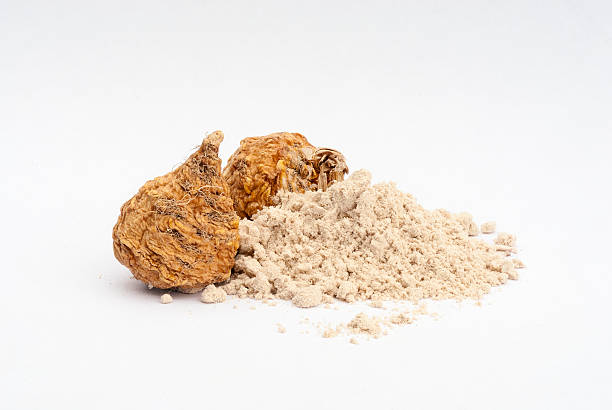Calcium is a vital mineral that plays a crucial role in numerous bodily functions, but it’s perhaps best known for its importance in building and maintaining strong bones and teeth.
Why is Calcium Important?
- Bone health: Calcium is the primary mineral found in bones and teeth. It helps to give them their structure and strength.
- Muscle function: Calcium is essential for muscle contraction, including heart muscle.
- Nerve function: Calcium helps regulate nerve impulses.
- Blood clotting: Calcium plays a role in blood clotting.
Who Needs More Calcium?
- Children and adolescents: During growth and development, children and adolescents need more calcium to build strong bones.
- Women: Women, especially after menopause, are at risk of osteoporosis, a condition characterized by weak bones.
- Adults: As we age, our bones naturally become thinner and weaker. Adequate calcium intake can help slow this process.
- People with certain health conditions: Some medical conditions, such as lactose intolerance or digestive disorders, can interfere with calcium absorption.
How Much Calcium Do You Need?
The recommended daily intake of calcium varies depending on age and gender. However, most adults need about 1,000 milligrams per day.
Food Sources of Calcium
- Dairy products: Milk, cheese, and yogurt are excellent sources of calcium.
- Leafy greens: Kale, spinach, and collard greens are rich in calcium.
- Fortified foods: Many foods, such as orange juice and cereals, are fortified with calcium.
- Legumes: Beans and lentils are good sources of plant-based calcium.
- Nuts and seeds: Almonds and sesame seeds contain calcium.
Tips for Increasing Calcium Intake
- Choose low-fat dairy products: These are just as nutritious as full-fat options but lower in calories.
- Add calcium-rich foods to your meals: Incorporate leafy greens, legumes, and fortified foods into your diet.
- Consider supplements: If you’re struggling to meet your daily calcium needs, talk to your doctor about taking a calcium supplement.
Remember, while calcium is essential for good health, it’s important to consume it in moderation. Too much calcium can lead to health problems, so it’s best to consult with a healthcare professional if you have any concerns.



